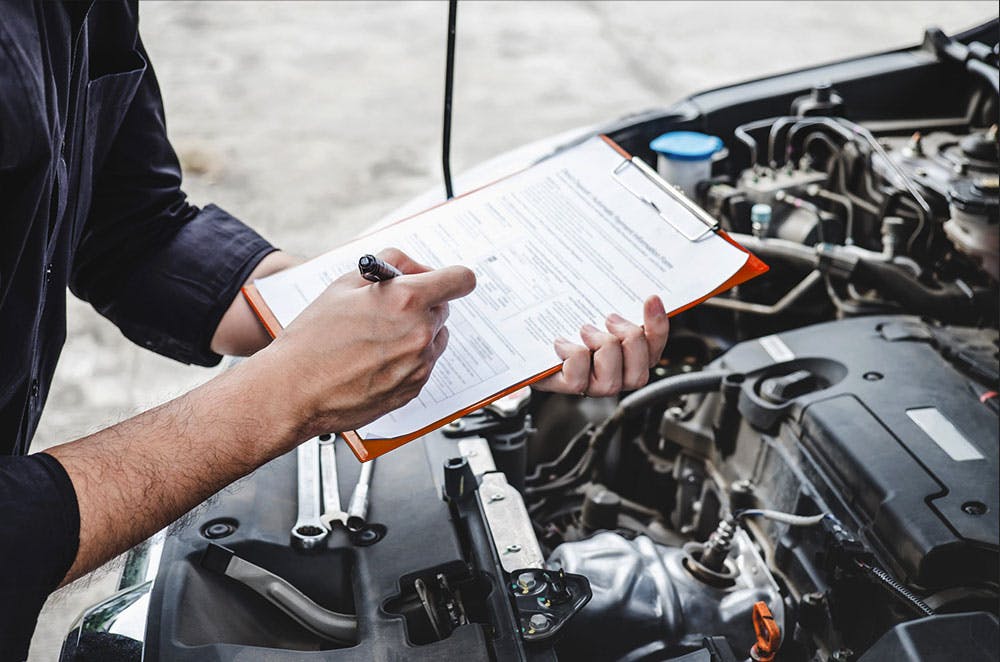All Categories
Featured

Comprehending the aspects that affect the expense of these repair work is crucial for automobile proprietors that desire to be prepared for the unforeseen. From the type of repair service needed to the make of your car, numerous key elements can determine how much you'll pay for fixings.
- Sort of Repair. The nature of the repair work plays an essential function in the price. Furthermore, if the repair work entails taking apart numerous components, the labor costs can climb substantially.
- Make and Model of Your Automobile. The make and design of your automobile have a significant influence on the rate of repairs. Luxury and international cars, such as BMWs, Audis, and Mercedes-Benz, typically featured greater repair work prices because of their specialized components and the experience required to work on them. On the other hand, even more common lorries like Ford or Toyota normally have less costly components and are much easier for mechanics to work on, which lowers repair work expenses. Additionally, some automobiles might need customized diagnostic devices or software for particular repair services, including to the total expense.
- Components Schedule and High Quality. The expense of the parts needed for the repair is another significant aspect. If you need original tools maker (OEM) parts, you can anticipate to pay even more, as these are made especially for your lorry. While OEM parts provide a higher level of quality and integrity, they feature a premium price. Alternatively, aftermarket components-- those made by third-party suppliers-- are often much less pricey, yet might not always match the top quality or longevity of OEM parts. The rarity of parts, especially for older or specialized automobiles, can likewise drive up the cost, as discovering appropriate substitutes can require time and effort.
- Labor Prices. Labor costs are one of the largest contributors to the total price of car repair work. These expenses vary by region and service center, with metropolitan areas normally charging higher rates because of overhead expenses. Mechanic knowledge likewise affects labor costs-- much more skilled or specialized service technicians have a tendency to bill more for their services. The complexity of the repair additionally contributes; fixings that require even more time or specialized knowledge, such as servicing an engine or electrical system, will certainly lead to greater labor costs. Labor is typically billed on a per hour basis, and some fixings can take several hours to finish.
- Extent of the Damage. If the damage is comprehensive and calls for numerous parts to be replaced or repaired, the expense will certainly rise. When significant systems like the transmission or engine are impacted, the repair expense can intensify quickly due to the number of parts and the labor entailed.
- Vehicle Age and Condition. Older lorries often tend to call for even more constant repairs, and as components put on out over time, the cost of those repairs can raise. In addition, components for older models may be more difficult to locate, which can enhance both the price and time needed for repair work.
- Place of the Service Center. The location of the repair service store can additionally influence the expense of cars and truck fixings. Additionally, dealers typically bill much more for fixings compared to independent fixing stores, although dealerships may make use of OEM components and use specialized solution for your make and model.
- Insurance Policy and Warranty Insurance Coverage. In some instances, prolonged warranties or solution strategies can help cover repair services for particular parts of the automobile. Furthermore, if the fixing is a result of a mishap, your cars and truck insurance plan may cover the price.

Conclusion. Numerous variables affect the cost of major automobile repair work, including the sort of repair, the make and version of your automobile, the quality of the components made use of, and labor costs. When it's time for a significant fix, recognizing these components can assist you much better prepare for repair costs and make even more enlightened decisions. Routine maintenance, consisting of timely oil adjustments, brake inspections, and tire rotations, can help minimize the need for pricey repair work down the line. If you encounter a pricey fixing, it's constantly a great idea to get multiple quotes and weigh the benefits of using OEM versus aftermarket parts to make the most economical decision.
Latest Posts
Experience The other day's Pub: Where Taste Meets Custom
Published May 06, 25
1 min read
Strategy Your Perfect Occasion at Yesterday's Creekside Tavern
Published Apr 15, 25
1 min read
A Preference of Comfort at Yesterday's Tavern
Published Apr 15, 25
1 min read